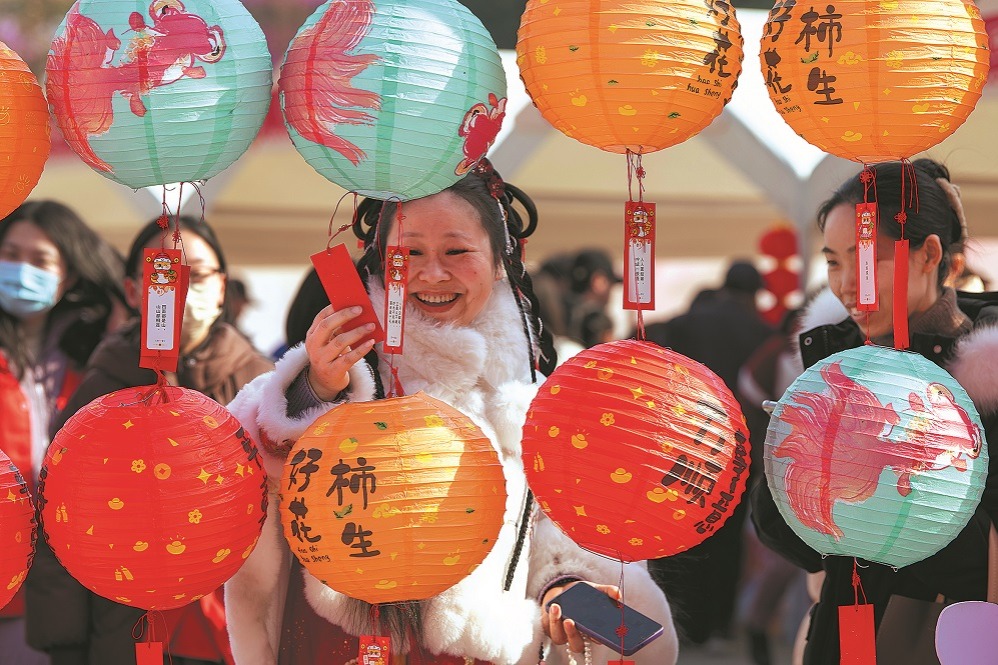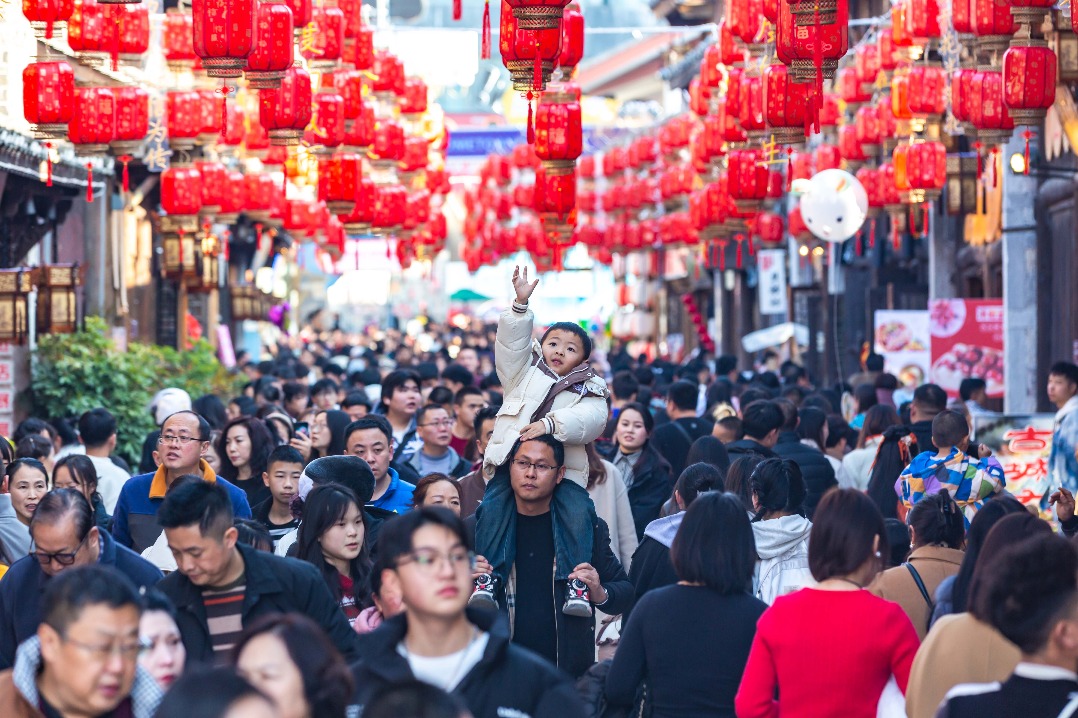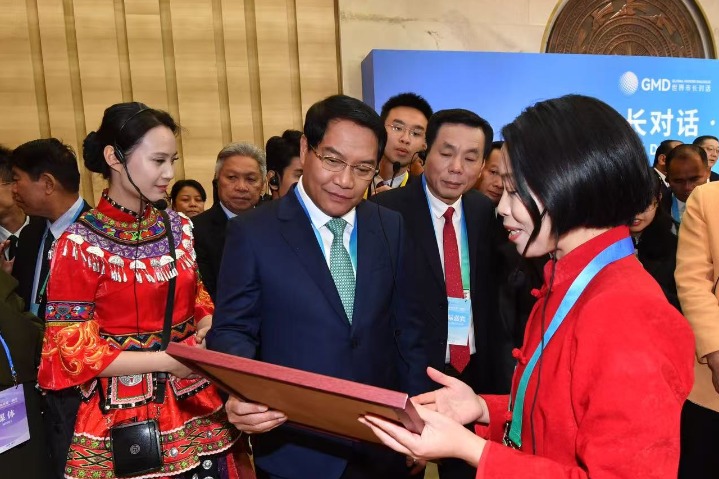Climate change cooperation is a silver lining

At a time when the China-US relationship is tarnished by trade friction and escalation of tensions, the continuous teamwork to combat climate change among China’s academics, enterprises and nongovernmental organizations with their US counterparts symbolizes hope and inherent positive energy.
The Global Climate Action Summit, which concluded on Sept 14 in San Francisco, featured high-level dialogue and intensive breakout sessions on some of the most prominent environment challenges human society is facing — carbon finance, climate actions, energy efficiency, zero-emission vehicles and international cooperation.
Amid numerous speeches, some dignitaries including former US vice-president Al Gore, former New York mayor Mike Bloomberg and California Governor Jerry Brown, the one that impressed me the most was a panel discussion held on Friday among leading electric-vehicle producers in China – BYD, NOI and Xpeng Motors – on their best practices, heavy investment in technology and innovation, and visions about mobility industry in the future.
China is now the largest electric-vehicle market in the world, and California is the largest market in the US – they make up more than half of EV sales globally.
Around 1.7 million EVs were sold by June thanks to government incentives to consumers such as a $15,000 subsidy, a hard-to-obtain driver’s registration plate, and easy access to charging stations. China is aiming for 7 million electric vehicles sold by 2025.
All EV producers acknowledged the urgency and necessity for the development of zero-emission mobility. They also believe technology and innovation will play a vital role in alleviating traffic congestion and pollution.
Charlie Zhang, vice-president of industry development at Shanghai-headquartered NIO, which went public in late August in New York, emphasized that “NIO is more than a car company” because of its competence in research and development.
“We have filed and obtained 2,732 patents globally by June 30,” Zhang said, adding that battery charging and installation for NIO EVs is “one click service”.
NIO mainly targets the premium electric-SUV segment. Its first production car is the seven-passenger ES8, which debuted in December and went into production in China earlier this spring.
Stella Li, president of BYD Motors, said the ecosystem of her company is “complete and well-grounded”. From commercial vehicles and consumer vehicles to batteries and SkyRail, BYD “is able to achieve 100 percent electric by 2040, five years earlier than California’s general goal”, she said. To date, about 35,000 BYD buses are deployed in the world.
“We have sold more than 700 battery-electric buses and trucks, more than any other manufacturers in North America,” Li added.
Through its 15,000 IT engineers and innovation, BYD enables customers to “generate electricity from the sun, store and transmit it to the battery, and empower the vehicles or other electronics”, according to Li.
Gu Junli, former lead technician of Tesla’s autopilot machine learning, who joined Guangzhou-based Xpeng Motors in 2017 as its vice-president of autopilot research and development, echoed Li and Zhang on the pivotal role technology and innovation play.
“In the future of the driving experience, we will rely on technology innovation,” Gu said. “We need to build the car in different ways and transform the car from a technical device into an analog-digital device embedded with all different sensors and computers. We need to have big data to form a framework that connects it with … artificial intelligence,” Gu explained.
Dan Sperling, director of the Institute of Transportation Studies at the University of California-Davis, said shared mobility revolution could be the solution to current traffic problems and vehicle dependency.
“The major responsibility for sustainable transportation and cities will be at the local level,” Sperling said.
Contact the writer at [email protected]
Today's Top News
- WEF annual meeting to push for global collaboration
- Xinjiang vows to fight against US sanctions
- WEF annual meeting to push for global collaboration
- TikTok goes dark in US as ban takes effect
- People-centered philosophy seen in festive visits
- TikTok tests US earnestness for cooperation






























